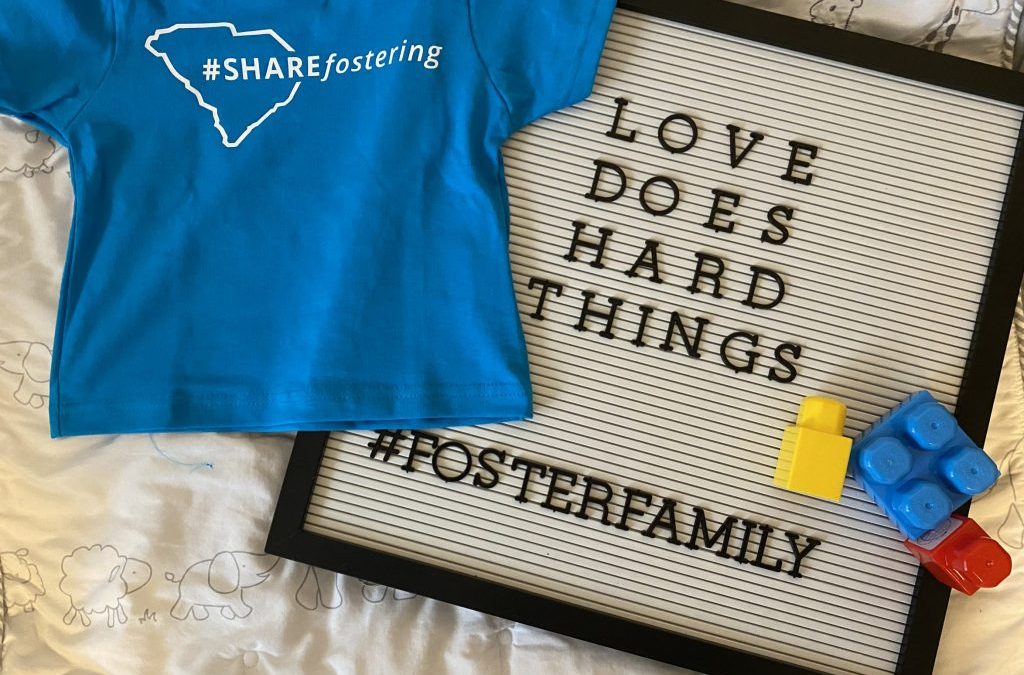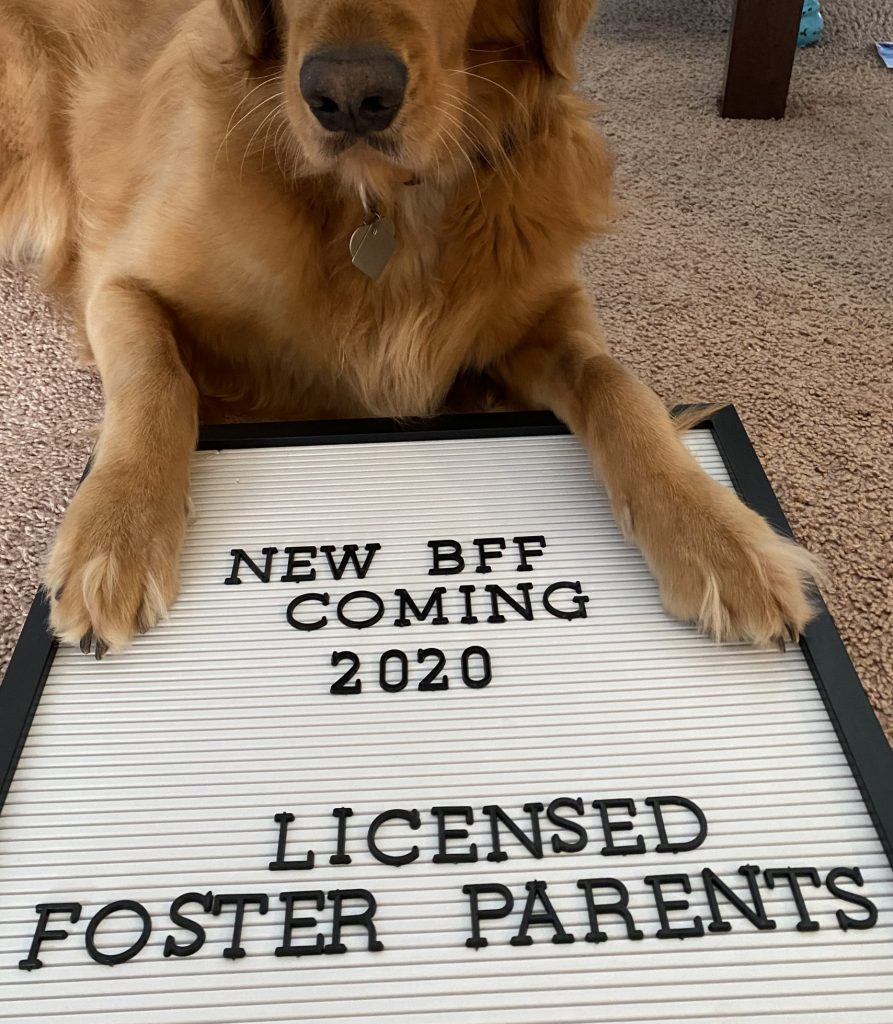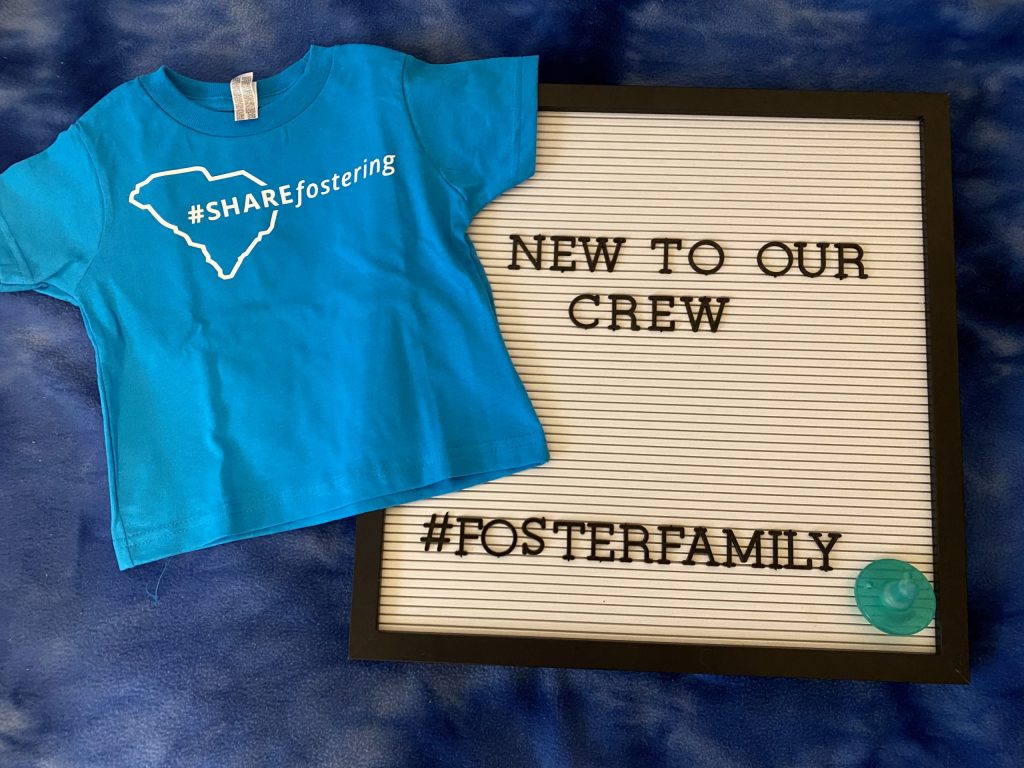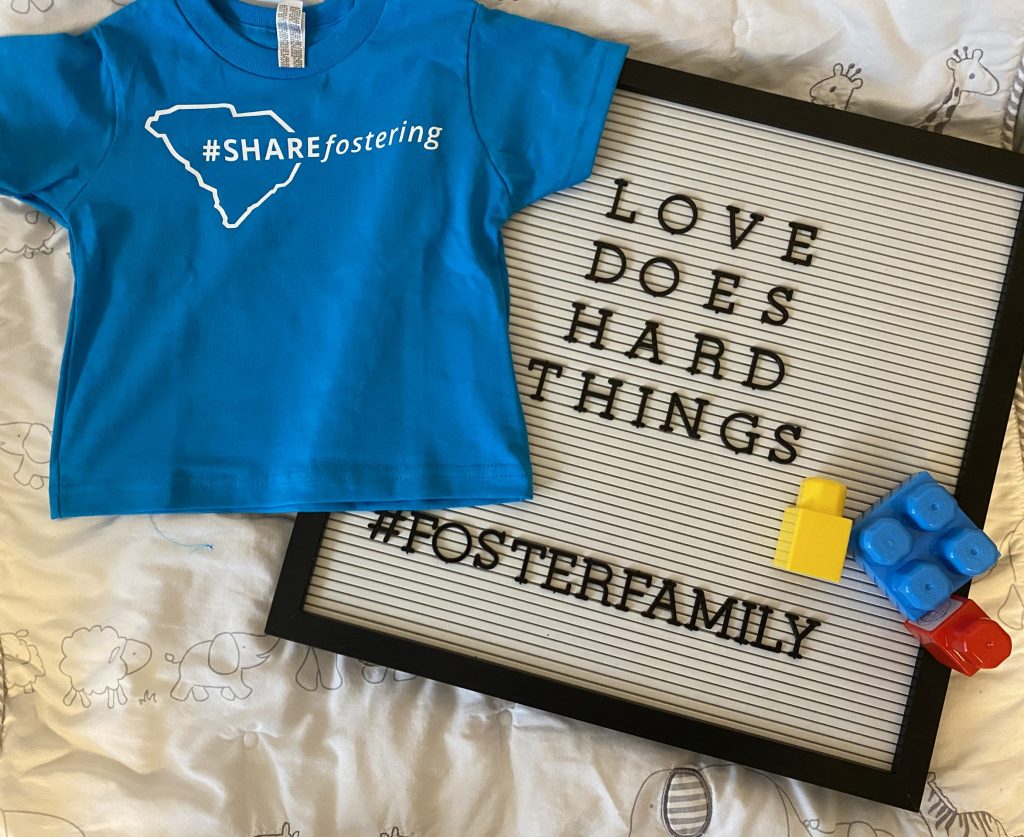
When we decided to jump into foster care, we jumped blindly. What I might say was a leap of faith was really more about us being naive to how the process really worked. We were lucky. I am nothing if not persistent so we hustled through our licensing process, even hurdling some challenges with our fire inspection. In five months, our license was expedited when we accepted a sibling group of three. Life has never looked the same since then.

A big commitment like fostering can seem daunting. Once you’ve decided that you want to become a foster parent, you may be unsure of where to start. As I’ve had more time to process my own experience and had the privilege of talking to so many people considering foster care, I’ve realized that getting a strong start is crucial to your overall success as a foster parent in the long run. The more information you have, the better prepared you are to meet the tough challenges of fostering. You want to have realistic and healthy expectations of what this journey is going to look like for your family. No two paths through foster care look the same, but you can prepare yourself and your family by really evaluating what path might be the best fit for you at this time.
First, I had no idea when I was starting out that there were multiple ways to get licensed. I only knew what I knew at the time and didn’t do any research outside of that one path. It worked out really well for us and I still feel like we made the best choice for our family, but if I was aware of other options, I would at least have had the opportunity to compare.
Step One: Standard or Therapeutic Foster Care
Your first step when deciding to become a licensed foster parent in South Carolina is to choose between standard foster care and therapeutic foster care. Most families choose to start with standard foster care. Therapeutic foster care is really for children who need a higher level of support during their stay in foster care. This may be for a variety of reasons and of course, there are levels within therapeutic determined by the severity of the child’s needs. If you have experience working with children with special needs or have a medical background, and have time to manage extra appointments, you may consider therapeutic fostering. Children in therapeutic foster care require a higher level of care. Because therapeutic foster care involves more child appointments and a higher level of care, there is a larger stipend to care for each child’s needs. To learn more about reimbursement rates for fostering, visit our Frequently Asked Questions or Do Foster Parents Get Financial Assistance?
Step Two: Choose a Foster Care Licensing Agency
Once you’ve determined whether you will pursue a standard foster care license or a therapeutic foster care license, you need to choose a foster care licensing agency. There is no best agency, just the agency that is the best fit for you and your family at this particular time. One of the amazing things about Care2Foster is their partnership with foster care licensing agencies across the state. Check out the licensing agencies that are available in your area here!
Our team would love to talk with you individually about how to narrow down your options and make a choice that is the best fit for you. You want to use both your heart and your head to make the decision about which agency you’ll use. Your agency is where your family will find a great deal of support during fostering, so you want to feel like you can get your questions answered thoroughly and feel warm and welcomed. The agency will provide a worker for your family and will ensure that your family remains in compliance and has the training/support needed to keep fostering. Consider how they answer the phone, how they are able to answer your questions, and meet your unique needs. Thinking with your head, you want to ask about the logistics of licensing and being a foster parent with that agency. Thinking with your heart, you want to ask questions about the support and assistance you will receive. Also consider how you feel when you’re talking to them. Is there a connection?
“Head” Questions You May Ask:
- How long is the typical foster care licensing process for a family working with your agency?
- How many families like mine (age, demographics, family size) are currently licensed with your agency? Where are they located?
- What is required of us during the licensing process? How much time or money can we expect to spend?
- How many pre-service training hours are required to become licensed? How many continuing education hours are required of foster parents?
“Heart” Questions You May Ask:
- What type of support is offered to foster parents specifically through this agency? What resources do you offer your foster parents?
- What is the community like among foster parents in this agency? Are there support groups, online groups, gatherings?
- Who will be my go-to person during the licensing process? What can I expect from them?
- Who will be my go-to person once I am a licensed foster parent? What can I expect from them?

Common Questions about Choosing an Agency
There are a few myths that I often hear about choosing a foster care licensing agency from families. First, people often ask, “How much does it cost to become licensed?” There is no “fee” to become licensed. You will not pay your public or private foster care licensing agency anything. Of course, there is some out of pocket expenses involved with getting your home ready for additional children- smoke detectors, cribs, beds, car seats, etc. In asking several families about the up-front expenses, most said they could buy all the necessities for their home in about $200.
The next question people inevitably ask is, “Can I be licensed with multiple agencies to be open to more children?” The answer is no. DSS is the legal custodian of all children in foster care. They are responsible for placing children into foster homes; therefore, they decide what child will stay with whom, regardless of what agency the family is affiliated with. DSS works with the staff at private agencies to find families willing to accept placement of the children coming into foster care. There is no separate pool of children that are placed into privately licensed homes. This is why it is also a myth that you can get licensed with a particular agency in order to be more likely to get a particular type of child. All children are placed with an appropriate family through the Regional Placement Team. Learn more about the foster care placement process.
If you are unsure about which agency you’d like to use, I’d encourage you to first talk to other foster parents that you know. Join our SHAREfostering groups on Facebook and ask our community for their perspective and learn from their experiences. Then you can narrow down your options, take what you know, and make a few phone calls to agencies you’re interested in. Attend orientations. Make appointments to meet with their staff to learn more.

Foster care is hard. Period. Regardless of which foster care licensing agency you use, you will experience the ups and downs in foster care. Support is important. Your agency is one part of your support network. It is important to develop multiple layers of support as you embark on this journey of caring for kids who have experienced hard things.
If you’d like to discuss fostering with the Care2Foster team, email us at [email protected] or call (864) 202-6839. We will happily discuss your options, answer your questions, and connect you to resources.



